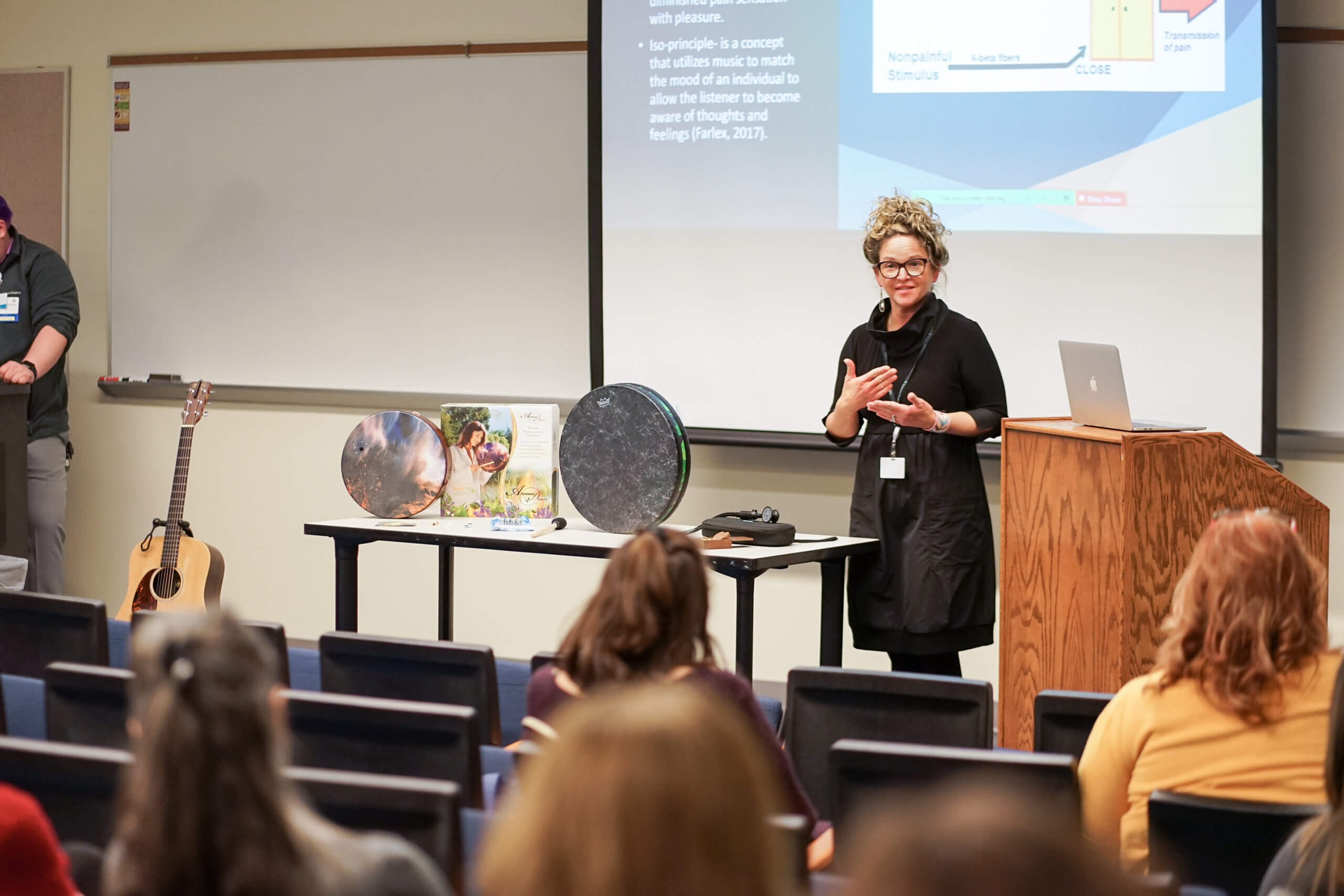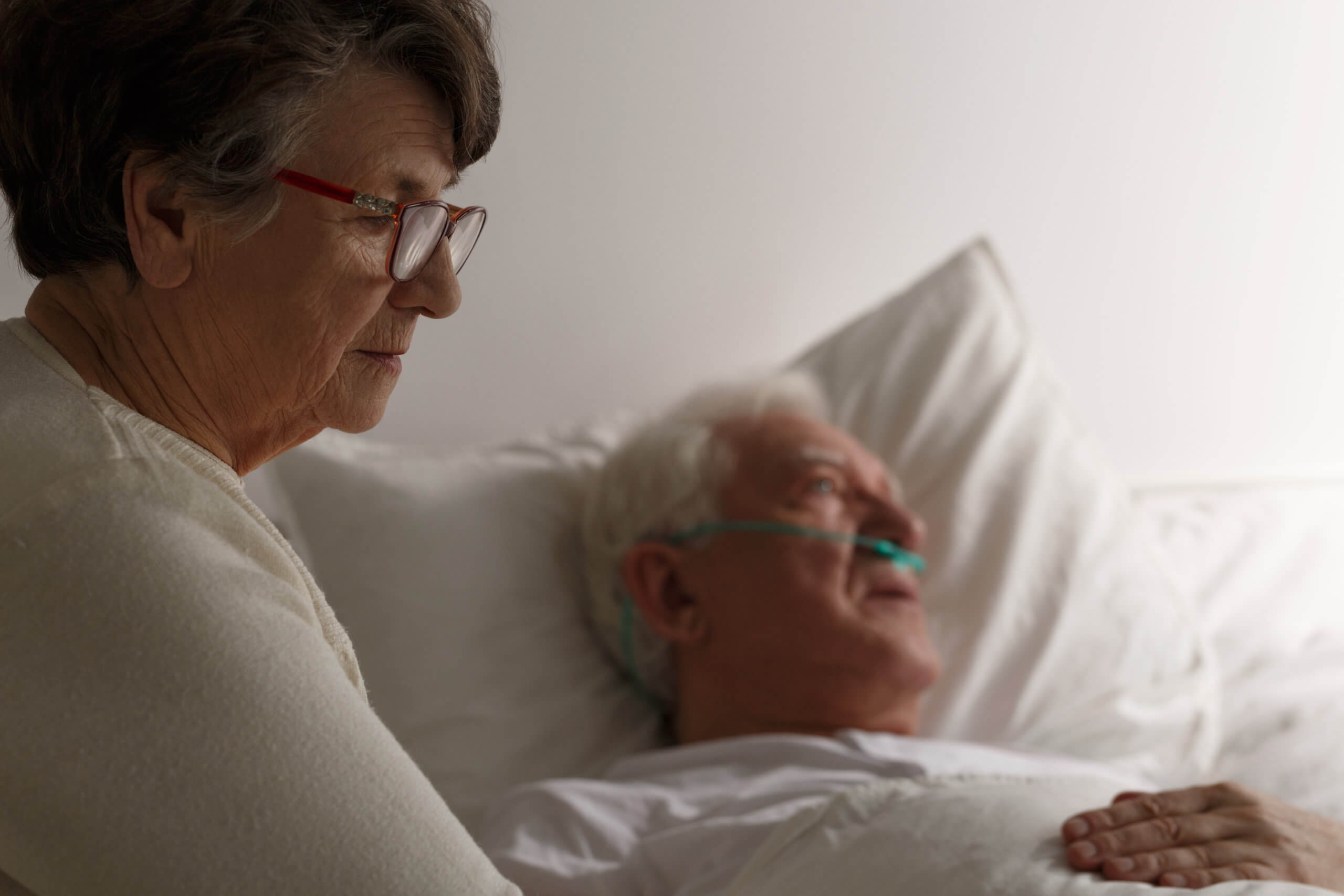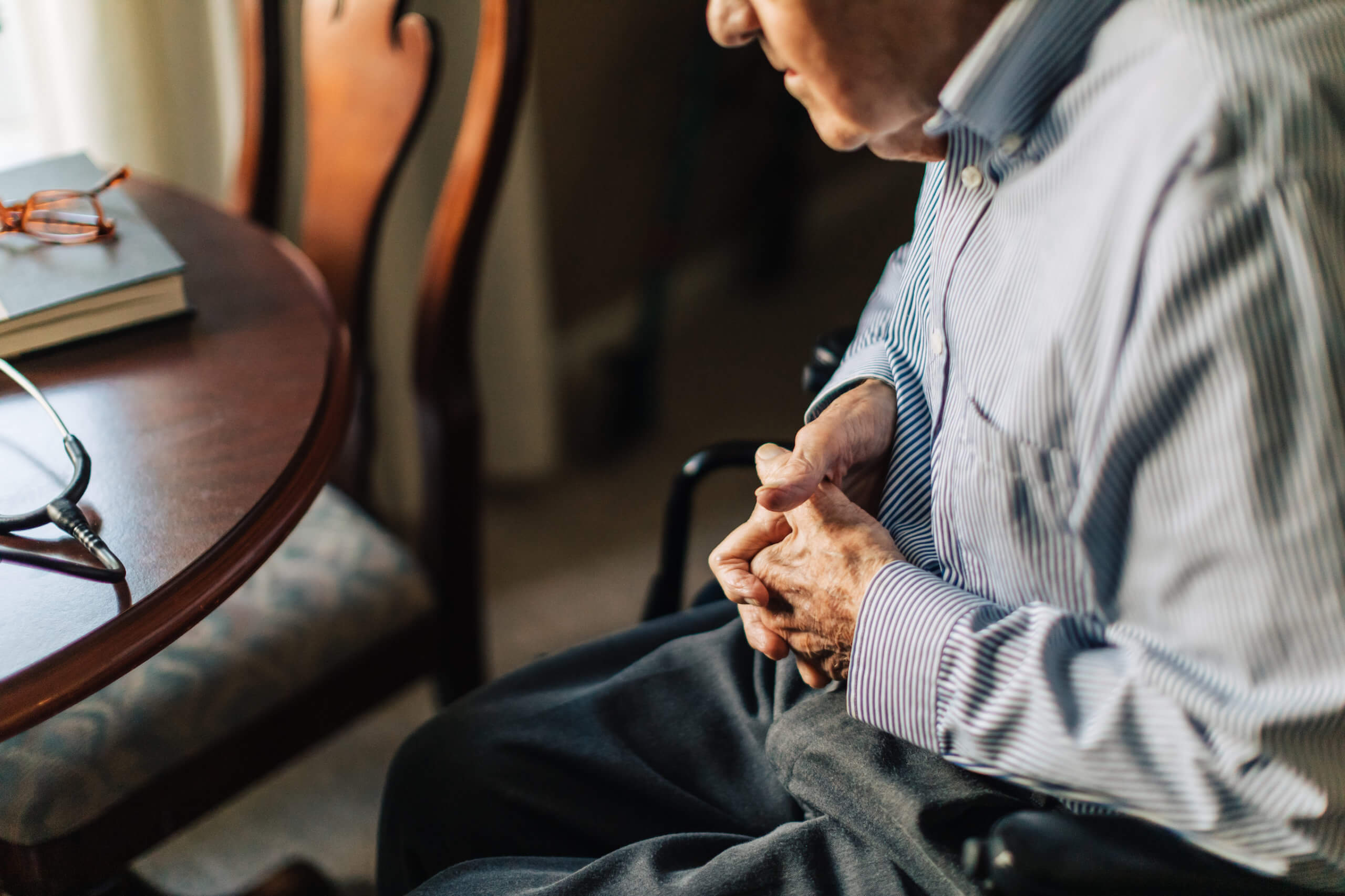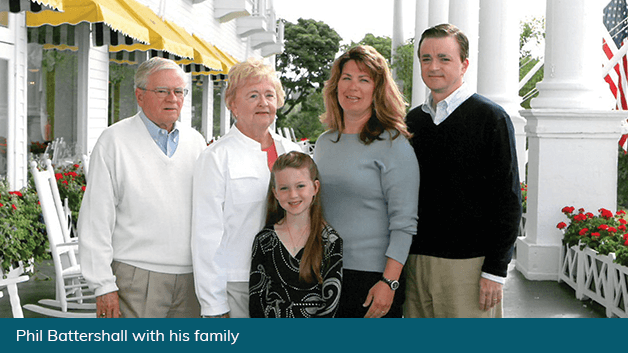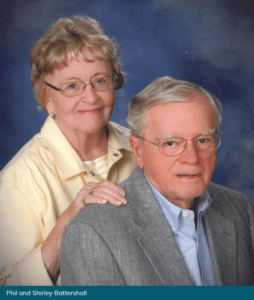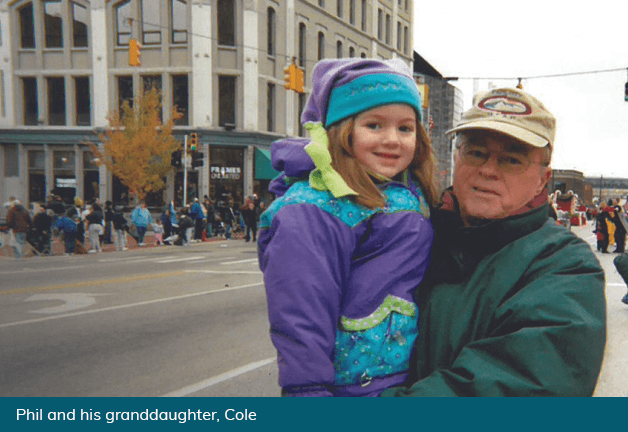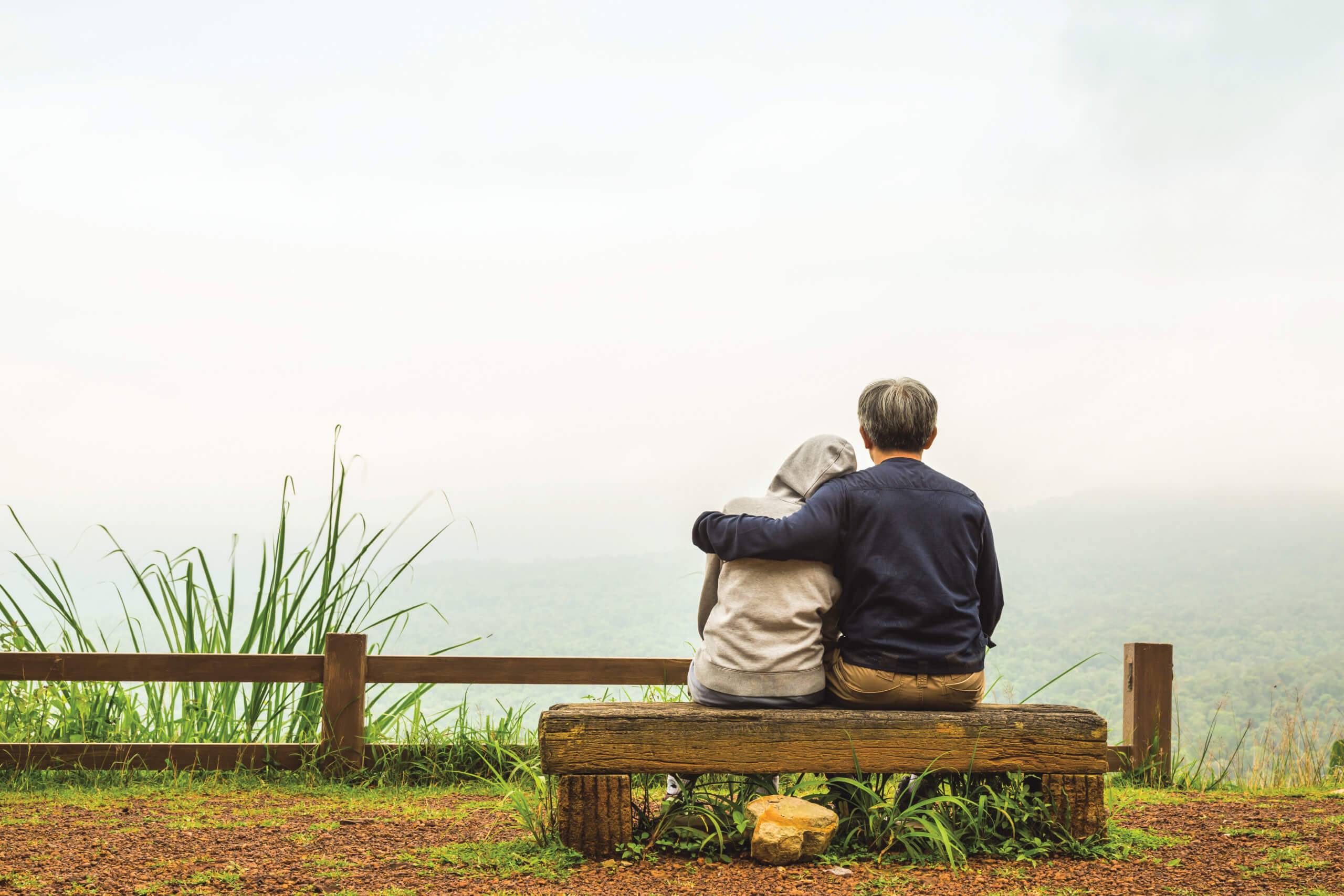A wise philosopher once said, “Education is the ability to meet life’s situations.”
That’s especially applicable to understanding all the options offered by a hospice organization, according to Jennifer Radaz, education manager at Emmanuel Hospice.
“As we make contacts, we’re constantly assessing a person’s educational needs when it comes to hospice,” she says. “One of our main goals is to inform, and help patients and caregivers understand the scope of our services and how we operate.”
Radaz says that often means countering misconceptions about hospice care, including the mistaken notion that you must necessarily be within your last hours or days to receive services
“As a result, we see a lot of late referrals, where people have been ill for some time and were unaware they could have had all of our services a long time beforehand,” Radaz notes. “The longer hospice is able to develop a relationship with a patient and their family, the better we can care and prepare them both for what lies ahead.”
Radaz points to critically ill cardiac patients in particular, noting that heart disease is the number one killer of Americans, and yet those suffering from heart disease typically wait too long to summon hospice for assistance. They sometimes receive only a few days’ care when, in reality, they qualified for hospice and could have taken advantage of hospice services for weeks or even months prior to their deaths.
Another misconception that Emmanuel seeks to address is that a hospice takes over with a plan of their own.
“We do not come in with an agenda,” Radaz explains. “Rather, we’re there to work with family and other caregivers, eager to know what matters to them, and how we can best address their needs. We don’t offer a one-size-fits-all.”
Emmanuel also strives to educate people that their brand of hospice care is funded by Medicare and private donations to support programs, like complementary therapies. This enables Emmanuel to provide core nursing, pain management, grief support and related services, as well as complementary therapies that bring music, massage, art and much more to the bedside.
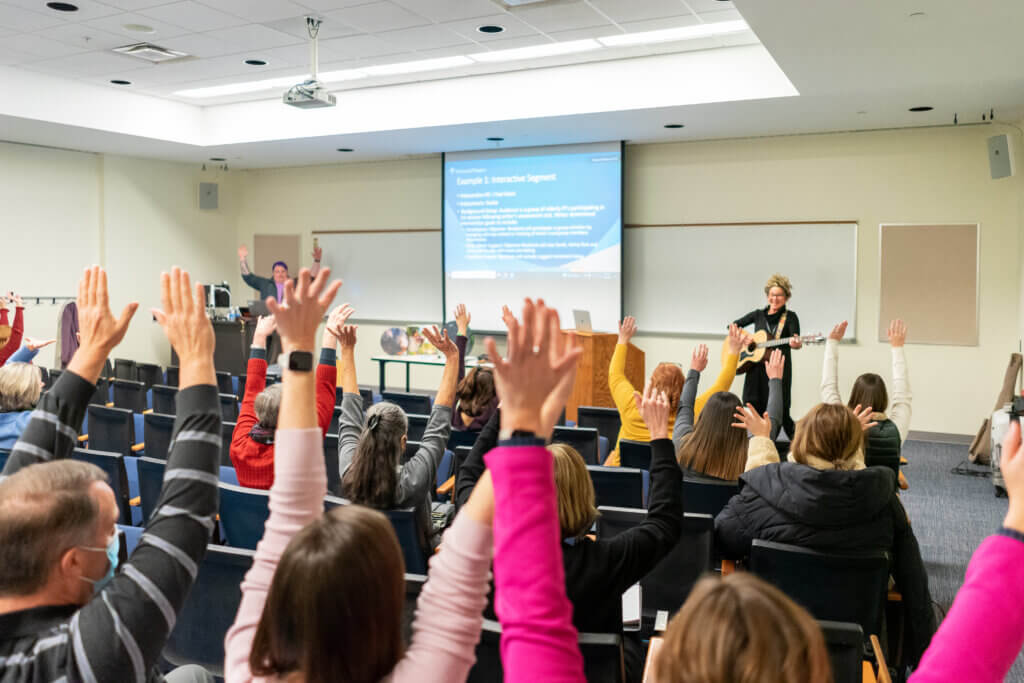

“We want to approach people on multiple levels for their pain and management,” Radaz says, “and part of that is providing those soothing human touches that aren’t addressed by conventional medicine.”
Educating the public doesn’t stop at patients and caregivers, she emphasizes. Emmanuel, for instance, is constantly seeking ways to make connections with communities of caregivers that includes doctors, nurses and social workers. In fact, much of what they offer in a formal setting will count toward continuing education hours for health professionals.
Additionally, Emmanuel often delivers presentations at businesses, organizations, colleges and universities and professional conferences to promote better understanding of hospice and its benefits. The nonprofit also reaches out to retirement communities and medical facilities, continually exploring new ways to share its mission, philosophy and array of services with those who need it most.
“We believe that information is key,” Radaz explains, “and that it’s wonderful to be informed. We’re happy to provide that information in whatever setting is comfortable for that person. And there’s never any obligation. Sometimes, people aren’t ready to sign on for hospice; they just want to understand their options going forward.
“We’re happy to simply establish a relationship. As changes occur, we can step in, but only when that door is open to us. In the meantime, we’re happy to have those conversations.”
